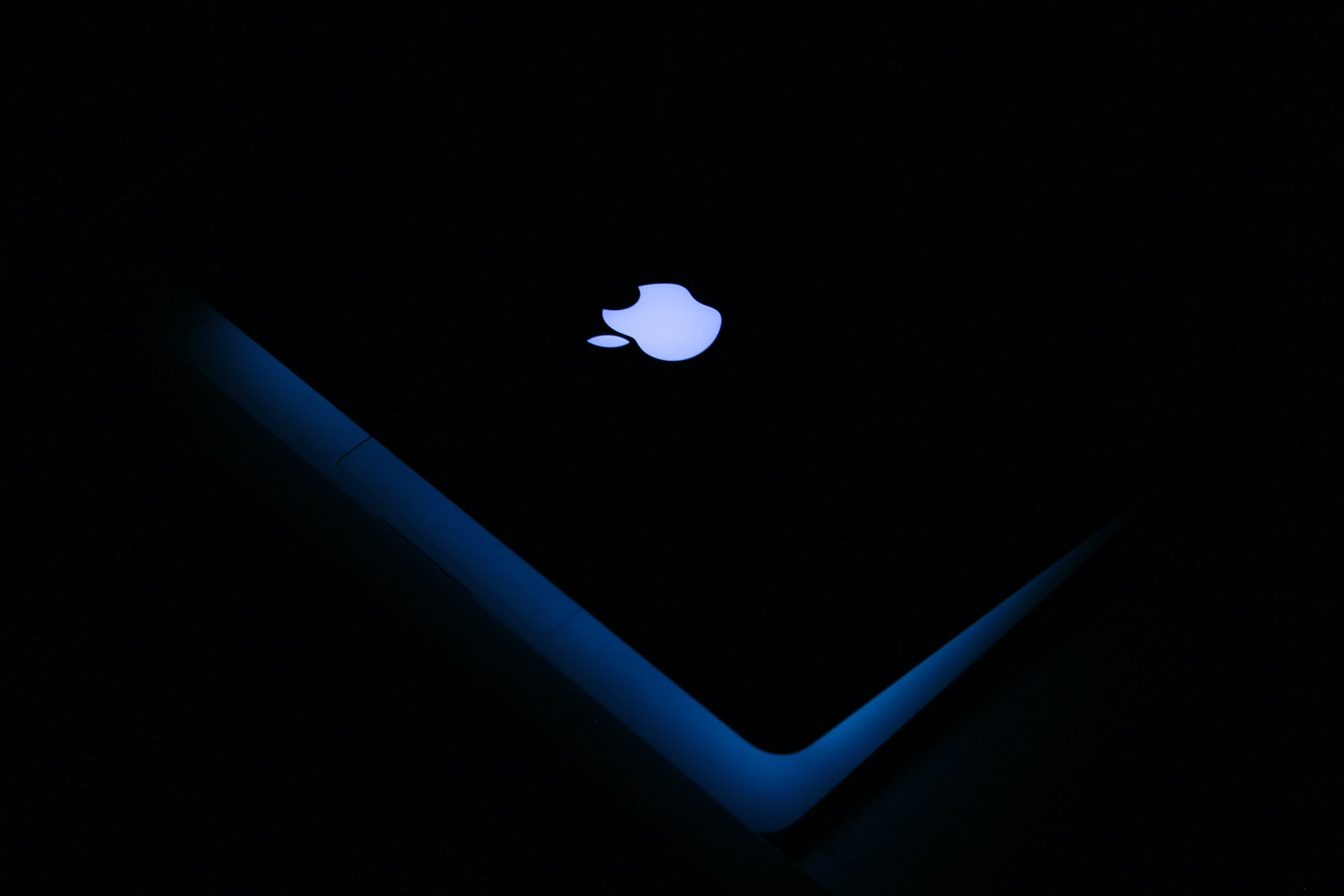Apple has long been regarded as one of the most innovative and influential companies in the world, and its seal of approval can mean the difference between success and failure for businesses in the tech industry. However, recent reports suggest that some businesses are reconsidering their relationship with the tech giant.
In a survey conducted by CNBC, several industry leaders shared their insights on Apple’s influence and the potential risks and benefits of partnering with the company. While some praised Apple’s design and innovation, others expressed concerns about the company’s dominance in the market and its impact on smaller firms.
One of the key concerns raised by industry leaders is the cost of doing business with Apple. The company’s exacting standards and rigorous vetting process can be a significant barrier to entry for smaller firms, requiring significant investment in research and development to meet Apple’s demanding specifications.
Moreover, the relationship with Apple can be fraught with uncertainty. The company’s priorities and focus can shift rapidly, leaving partners and suppliers scrambling to keep up. In some cases, Apple has been known to abruptly cut ties with suppliers and partners, leaving them in a precarious position.
However, despite these concerns, many industry leaders still see significant value in partnering with Apple. The company’s brand recognition and loyal customer base can provide a boost in credibility and visibility that is hard to replicate. And for some firms, the association with Apple can be transformative, opening up new opportunities and markets.
One example of a business that has benefited from its relationship with Apple is Peloton, the fitness equipment and media company. Peloton’s CEO, John Foley, credited the company’s success in part to its partnership with Apple, which helped to boost sales and attract new customers.
But not all businesses have been so fortunate. Imagination Technologies, a British chip designer, was once a key supplier to Apple, with its graphics technology used in the iPhone and iPad. However, in 2017, Apple announced that it would be ending its relationship with Imagination, opting to develop its own graphics technology in-house. The announcement sent shockwaves through the industry, and Imagination’s stock price plummeted.
The risks and rewards of partnering with Apple are complex and nuanced, and it’s important for businesses to carefully consider the potential benefits and drawbacks before making a decision. As journalists, it’s our responsibility to report on these issues and provide a balanced and informative view of the tech industry and the role that Apple plays within it.
At the same time, it’s important to recognize that Apple is not the only player in the tech industry. While the company’s influence is significant, there are many other businesses and technologies that are driving innovation and shaping the industry. By exploring these alternative perspectives, we can provide a more complete picture of the tech landscape and the opportunities and challenges facing businesses today.
Ultimately, the decision to partner with Apple is a strategic one that depends on a variety of factors, including the nature of the business, the company’s goals and priorities, and the potential risks and rewards. By staying informed and engaging in critical dialogue, businesses can make informed decisions about their relationship with Apple and the tech industry as a whole.




